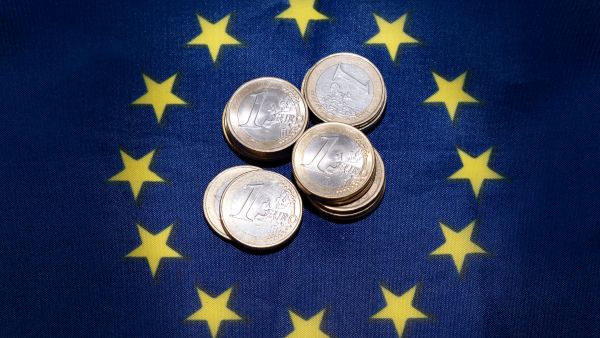S&D MEPs have today called for a rebalancing of how the EU is funded - with less money coming from national budgets and more from the EU's own resources.
The call was made during a high-level debate on the EU budget reform with former Italian Prime Minister and head of a high level Group on (EU) own resources Mario Monti and Bulgarian Deputy Prime-Minister Ivailo Kalfin.
Isabelle Thomas, vice-president of the S&D Group, said:
"The way we fund the EU budget is becoming increasingly unworkable. Currently around 80-85% of funding comes from member states' national budgets. National governments see these as voluntary contributions, arguing over the exact amounts each year. This is not only time-consuming; it also leads to a situation in which member states reduce their own contribution to the EU budget while at the same time asking for increased funding. This is an unsustainable model; for the EU to work its democratic institutions need to have clearer and more transparent revenue streams."
"A high-level working group headed by Mario Monti has been set up to propose new resources, which are both more democratic and more accountable than under the current system. Increasing the amount of the EU budget raised from own resources would not only increase transparency, it could also save EU citizens and governments money. We are looking at several possibilities for new genuine own resources. We believe that any new measure should complement existing goals of the Parliament such as combating tax evasion/ tax avoidance, reducing the dangers of financial speculation, or addressing environmental issues.
"Raising such new revenues would be more efficient on a European level as it would prevent fiscal dumping. For example, a tax on multinational corporations or a tax on financial transactions would not only help curb tax avoidance or dangerous financial speculation, it could also provide a new source of revenue for the EU budget. This could be offset with proportional reductions to member states' contributions, creating a win-win situation for citizens and the EU as a whole."






